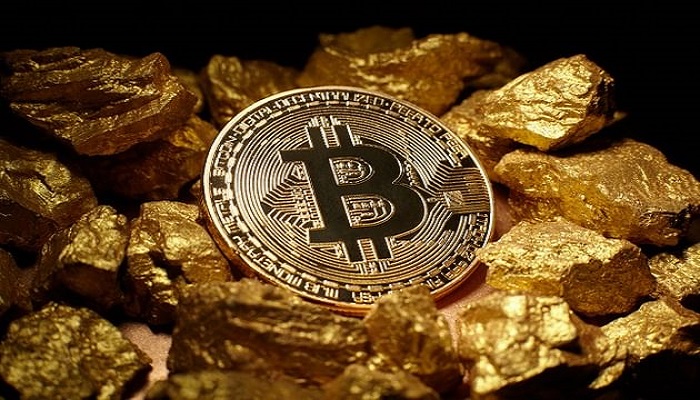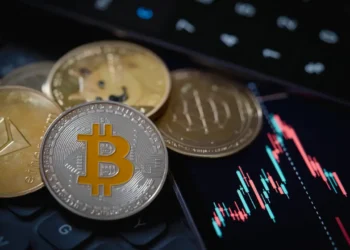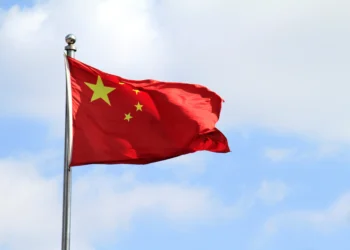Bitcoin, the world’s biggest cryptocurrency by market capitalization this week crossed the $11,000 mark for the first time in history. The news once again highlighted the divisions in the finance world between those for/against the currency. Largely unknown are the motives behind various countries support for cryptocurrency
United States
The United States has embraced cryptocurrencies, albeit with a note of caution on Initial Currency Offers (ICOs). Trading in bitcoiun futures is also billed to start before the end of the year. The liberal view towards crytpocurrencies may be due to growing use among Americans and the eagerness of major financial institutions to partake in the large returns being made.
China
China initially embraced the currency, but placed a ban due to unregulated nature of Initial Coin Offerings (ICOs) which became a favourite of Chinese investors. China however continues to control a large proportion of bitcoin mining. Signals from the Chinese government however point to a preference for building their own ecosystem for cryptocurrencies, which reduces foreign interference or dominance.
Russia
Russia had an initially pessimistic view on cryptocurrencies, but appears to have made an about turn after Ethereum co-founder Vitalik BUtherin met with the country’s president Vladimir Putin. Russia’s stamp of approval, however is closely tied to its need to monitor its citizens finances, as well as maintain dominance in an emerging asset class.
Japan
Japan has taken over the space left by China’s exit. Japan’s Financial Services Authority (FSA) in September authorized the take off of 11 cryptocurrency exchanges. The country has typically being a centre for technological innovation, and a failure to embrace cryptocurrencies would have lead to its losing its spot in what is turning out to be a lucrative market.
Zimbabwe
Zimbabwe currently has the highest bitcoin price in the world at $16,000, way before other markets hit the $11,000 mark. The country’s regulators may have decided to turn a blind eye to it in view of the hyper inflation, which has made the country’s currency a poor store of value.
























